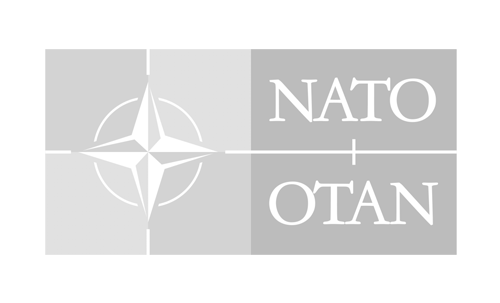
How Russia's War In Ukraine Is Affecting Space Operations
While the Ukrainian war has profoundly impacted social and economic wellbeing for its peoples and the relationships between governments worldwide, it has also cast its shadow on the activities occurring outer space. In an FPA brief, Ian Williams President FPA and Laura Forczyk, the Founder and Director of Astralytical and a Subject Matter Specialist at NASA, discussed the impact of the Russo-Ukrainian war on space operation. Laura Forczyk told FPA about the collaborative nature of cosmonaut programs and other space operations between Russia and America.
Forczyk disclosed that although there have been signs of change within Russian space forces with the recent assignment of a new, more diplomatic director, Yuri Boris Borzoff, there is still concern about how politics will play a role in the crucial relationships that guide space exploration and defense. She explained, “the truth is that the threatening of breaking relations with the space partners is actually more damaging to the Russian side than it is to any side on the west, whether it is United States [or] Europe. It’s very crucial that Russia maintain its partnership on the International Space Station because it has no other outlet for its cosmonauts.”
Russia has intentions to build its own project, or collaborate with China on a Lunar project, but so far it has years before it can make its independent program. However, NASA seems to be far ahead of the Russian program working on its ambitious project called Artemis. Artemis is NASA’s three-phased program aimed to ultimately bring humans to the moon and then from the lunar space station toward other planets. These plans in comparison with the Russian economic and physical capability seem to dwarf their current space projects.
Host of the briefing, FPA President, Ian Williams also discussed the militaristic side to the space efforts, to which Laura Forczyk disclosed that the United States has no plans to weaponize their space programs. One important precedent set by US Vice President, Kamala Harris has been to halt the testing of anti-satellite weapons, a destructive occurrence that creates an enormously dangerous amount of space debris.
However, there are still capabilities of the American-led space forces which could be used for militaristic defense to protect Earth from dangers of the galaxy (if ever needed), such as a recent project which targets asteroids and deflects their direction. Although more importantly, the future of NASA will be toward more commercial programs, such as SpaceX.
Laura Forcyzk left us with confidence that, even amidst a war-stricken and conflicting relationship between the two countries, America and Russia have a longstanding and positive history of space exchange programs. In the latest program conducted by SpaceX to the International Space Station, Russia allowed one of its female cosmonauts to join this American crew - a sign of trust and allegiance between the Russian and American space programs. While there may be tensions on the ground level, there is hope for mutual collaboration on space activities, and the maintenance of the sanctity in space conventions and treaties.



























